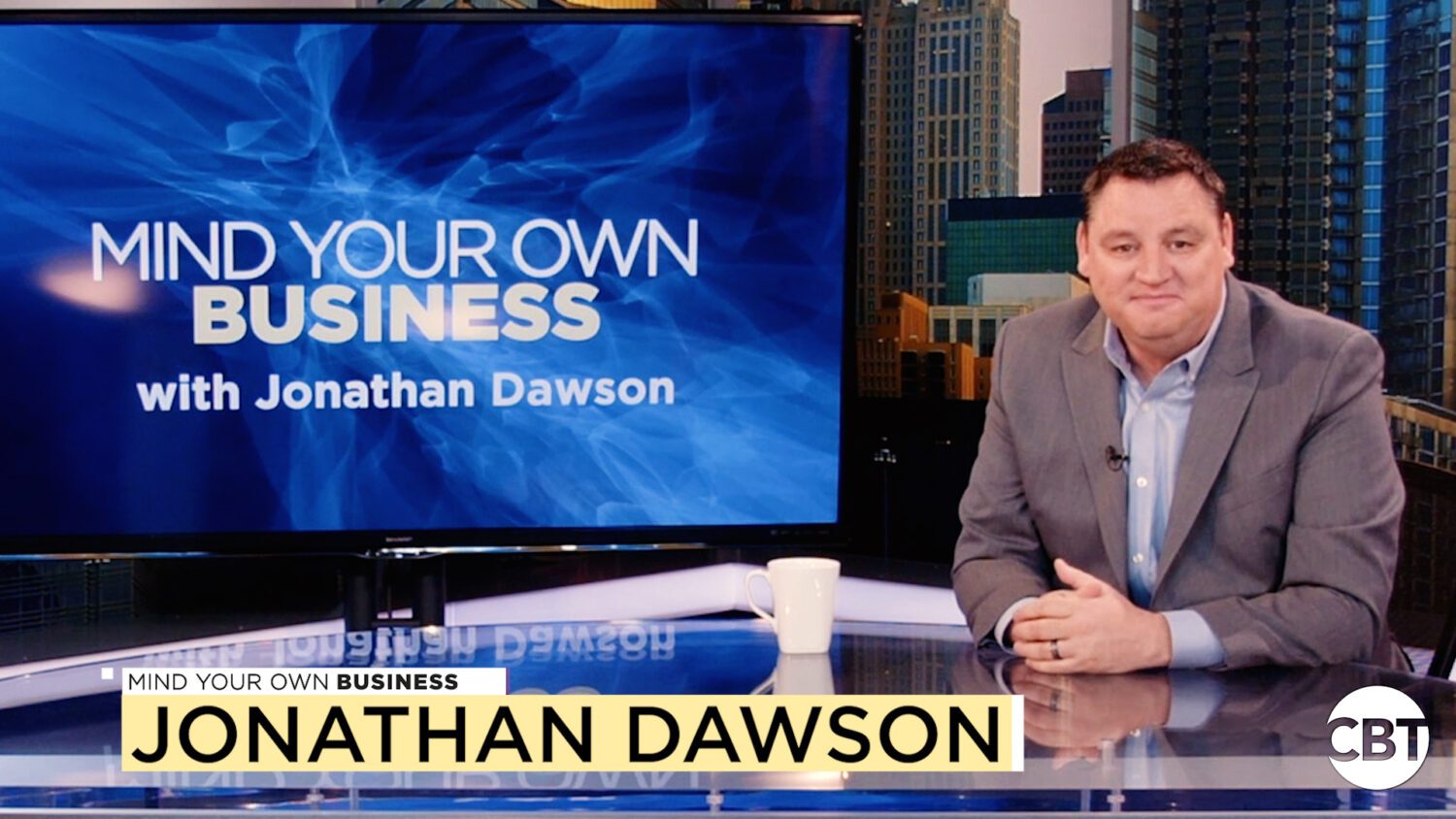How do you handle difficult conversations? Whether they are team- or coworker-oriented, we all have challenging conversations. But how do you handle them? On today’s CBT Automotive Network exclusive: Mind Your Own Business, your host Jonathan Dawson dives into the methodology and approach of using psychology to converse with someone proactively. Dawson is the founder of the sales training platform Sellchology and an expert on the psychological principles behind sales strategies.
Method one
Dawson encourages everyone to revert to the classic ‘feel, felt, and found’ sales technique. The technique has been found to aid in navigating through difficult conversations. Many of you have heard it, and I’m sure you taught it to a salesperson. The first method it’s going to sound like so,
- “I wanted to share something with you because I feel….” Fill in the blank with an emotion of how you’re feeling.
- Dawson encourages you to take whatever you’re feeling and then proceed to “I also noticed I felt that way when….” You have to be very specific about what you noticed here or observed, then insert the scenario that happened and activate that emotion.
- To illustrate, Dawson encourages, “I wanted to share something with you because I feel disrespected in our relationship. I also noticed I felt that way when you came into the meeting late again.”
- He continues, “And what I found was that it’s impacting…” and fill in the blank with what you found out. Maybe their behavior affects how the company gets along or productivity levels, or it’s negatively impacting you.
Utilizing the feel, felt, found methodology for introducing a complex topic is a way that puts the responsibility on them to asset what you said in the light of how it’s impacting your relationship with them and you personally.
Method two
Another method Dawson highlights is the FBI method. It’s very similar in deployment with three key points to it:
- F- Feel
- B- Behavior,
- I- Impact
When having a conversation, you might implement this method as the following:
“Hey, I wanted to share with you something because I realized the other day I felt a little disrespected, and the behavior that I noticed was when you showed up late (or pick the area that you can be specific in) and tried to make it recent. Then when I noticed the behavior of X, the impact it’s having is no longer… fill in the blanks accordingly. However, Dawson exclaims, “Once you have stated either method, bring all the ownership back on you and say, I don’t want to feel this way about you or something along those lines.” But encourage a way to fix the issue.
"They don't know how to initiate it, and then they don't know how to bring closure to it."
Take ownership of how you feel about your relationship what that person. Because what happens is they will usually take ownership on their behalf. But after, you have to give them a clear path forward. Dawson reiterates, “To make sure this doesn’t happen again, can we agree…” Many organizations have unresolved internal conflicts because people lack meaningful conversations about complex topics.



